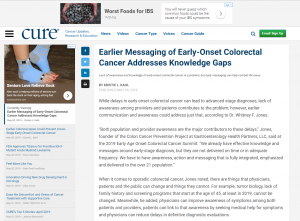Akin to varicose veins, hemorrhoids are a common ailment for both men and women. In fact, according to the National Institute of Diabetes and Digestive and Kidney Diseases, “about half of adults older than age 50 have hemorrhoids.”
There are two types of hemorrhoids, internal and external. Internal hemorrhoids occur when the swollen blood vessels are inside the lining of the anus and lower rectum. When the inflamed veins however are found under the skin and around the anus, they are known as external hemorrhoids.
While fear and embarrassment often prevent people from seeking treatment, if left untreated, hemorrhoids can worsen over time. Despite many popular at home remedies and over the counter creams, it is recommended that one consult with their doctor immediately before beginning a treatment plan. While common, the signs and symptoms of hemorrhoids are also similar to many other more serious conditions.
Causes Of Hemorrhoids:
- Strained bowel movements.
- Prolonged sitting
- Pressure on the veins due to pregnancy
- A low fiber diet
- Chronic constipation or diarrhea
Signs and Symptoms of Hemorrhoids:
- Itching
- Pain
- Bleeding during bowel movements
- A lump near the anus
Depending on the severity of the situation, there are advanced treatment options available that remove hemorrhoids without a surgical incision or staple. Many of these methods offer a long-term solution compared to over the counter creams by treating the cause of the hemorrhoids and can be done in an outpatient setting as suggested by your doctor.
Non-Invasive Treatment Options:
Rubber Band Ligation
Also known as “banding,” rubber band ligation treats bleeding, protruding, internal hemorrhoids by cutting off the blood supply and circulation to the hemorrhoid. This is done by placing a specialized rubber band around the base of the hemorrhoid. Within a week, both the band and banded portion of the hemorrhoid shrink and fall off on their own. Scar tissue then forms around the remaining part of the hemorrhoid, aiding in it’s further removal. This procedure takes only a few minutes to perform, is painless, and requires no recovery time.
Sclerotherapy Injection
Similar to “banding,” a sclerotherapy injection also cuts off the blood supply of the hemorrhoid, resulting in scar tissue to form and the hemorrhoid to shrink away. This occurs after the doctor injects a chemical solution into the internal hemorrhoid.
Coagulation Therapies
In infrared photocoagulation, infrared light is used on an internal hemorrhoid. The heat from the light causes scar tissue to form, cutting off the blood supply, shrinking the hemorrhoid, and preventing nearby veins to bulge into the anal canal. Electrocoagulation achieves the same results through an electric current.
If you are experiencing some of the signs and symptoms of hemorrhoids contact Gastroenterology Health Partners today. Our clinical team of 21 fellowship-trained Gastroenterologists and 13 advanced practice clinicians have been providing care to patients suffering from disorders of the digestive system since 2013. Each of our five locations in the Louisville, Lexington and Southern Indiana area offer expert specialization in gastrointestinal care. Just visit our website to schedule an appointment at the location most convenient to you.
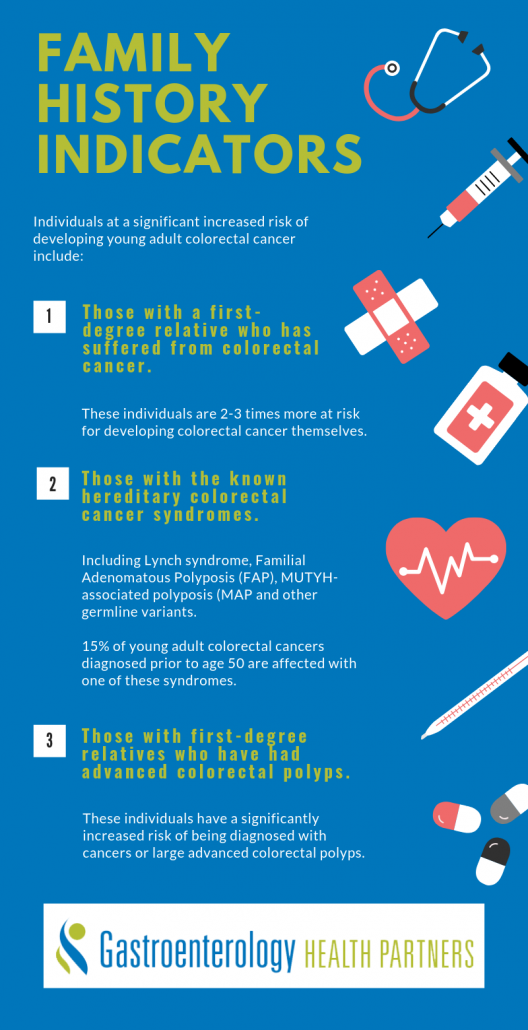

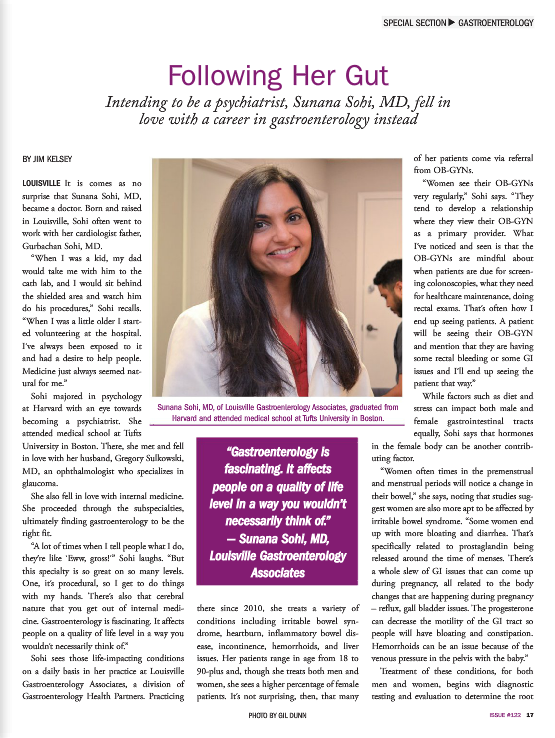

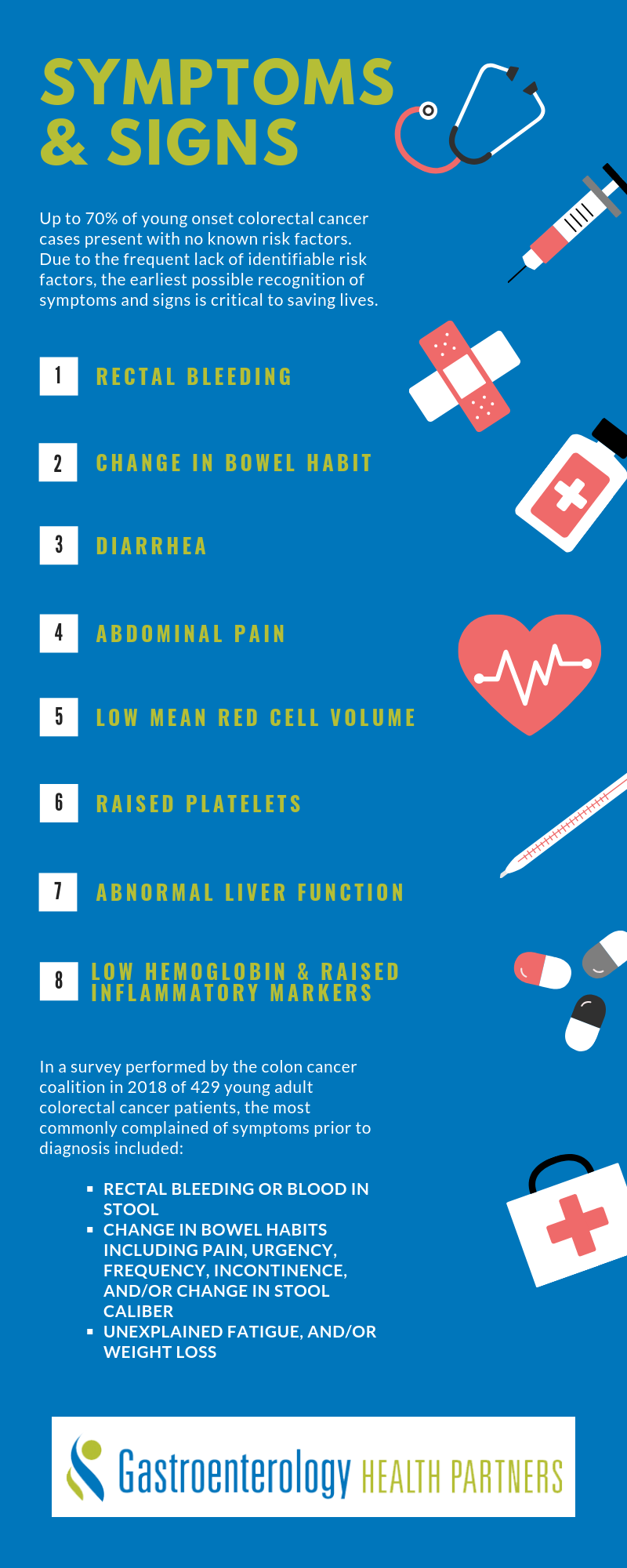

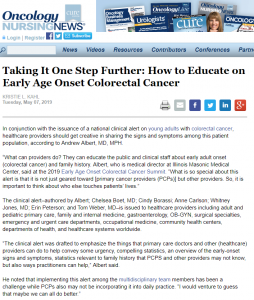
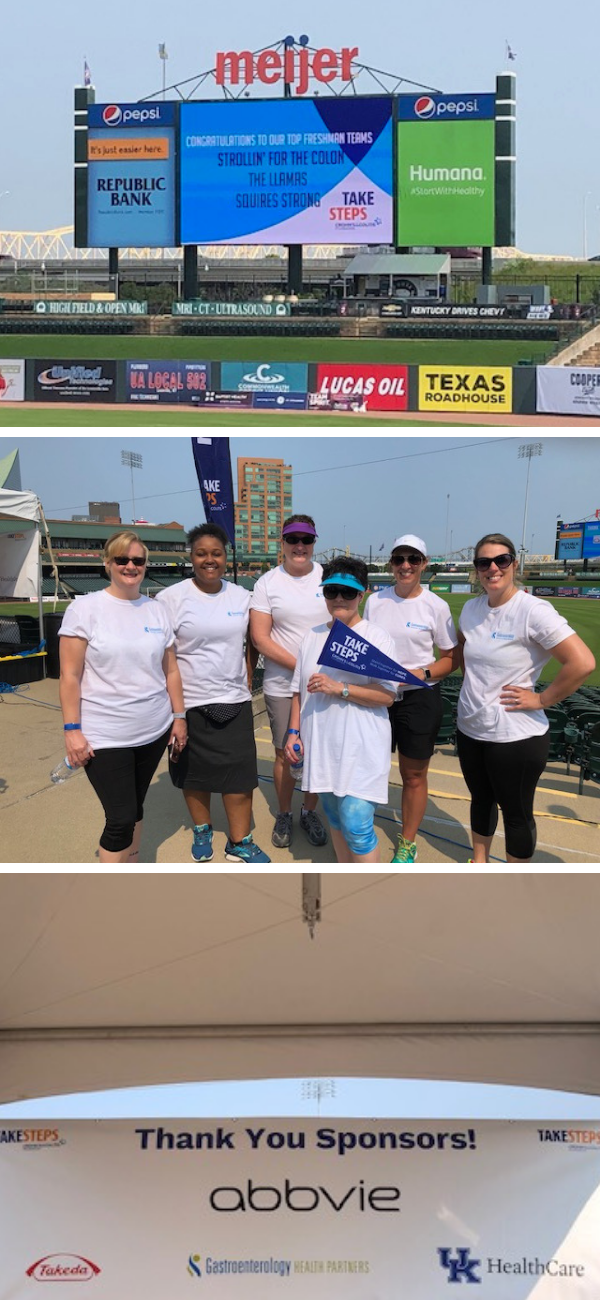 Gastroenterology Health Partners’ first Louisville “Crohn’s and Colitis Take Steps” walk on Saturday, June 1st, 2019 was a great success and a lot of fun, as well!
Gastroenterology Health Partners’ first Louisville “Crohn’s and Colitis Take Steps” walk on Saturday, June 1st, 2019 was a great success and a lot of fun, as well!